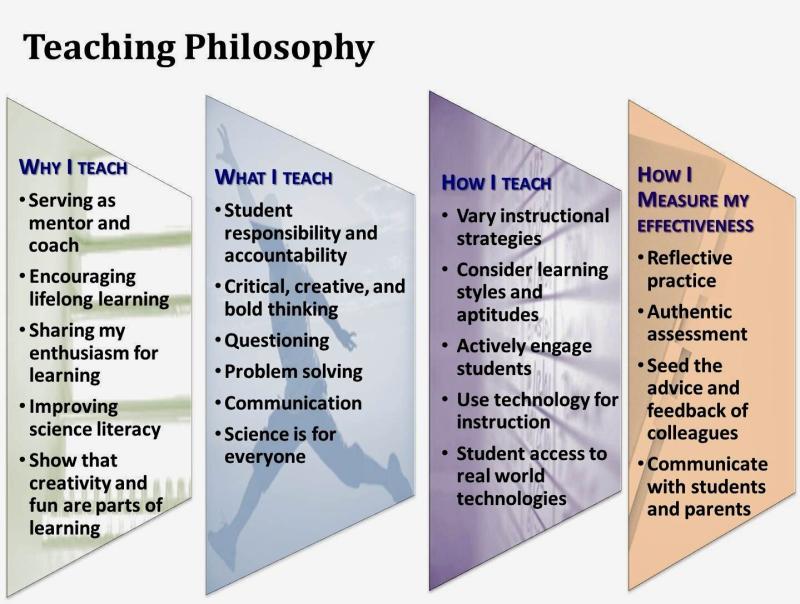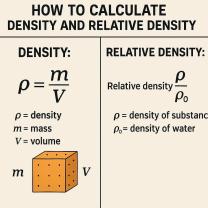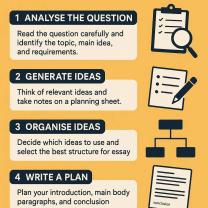What are the different types of Philosophy in education?
Philosophy in education refers to the study of fundamental beliefs and principles that guide educational practices and goals. Different types of educational philosophies provide frameworks for understanding the purpose of education and how it should be conducted. Here are some major types of philosophy in education:
Idealism:
- Key Ideas: Emphasizes the importance of ideas, knowledge, and truth. Views education as a process of discovering and realizing intellectual and moral ideals.
- Focus: Development of the mind, values, and character through exposure to great ideas and moral principles.
Realism:
- Key Ideas: Grounded in the belief that reality exists independently of the mind. Advocates for a practical and pragmatic education that prepares students for the real world.
- Focus: Objective and factual knowledge, practical skills, and preparation for practical life.
Pragmatism:
- Key Ideas: Stresses the importance of practical experience and problem-solving. Focuses on learning by doing and the application of knowledge in real-life situations.
- Focus: Practical skills, critical thinking, and adaptability to real-world challenges.
Existentialism:
- Key Ideas: Emphasizes individual freedom, choice, and personal responsibility. Views education as a means of helping individuals find meaning and purpose in their lives.
- Focus: Personal development, self-discovery, and authenticity.
Perennialism:
- Key Ideas: Advocates for the study of timeless, enduring ideas and knowledge. Believes in a core curriculum that emphasizes classic literature, history, and philosophy.
- Focus: Intellectual development, critical thinking, and exposure to classical knowledge.
Essentialism:
- Key Ideas: Focuses on a core set of essential knowledge and skills that all students should acquire. Emphasizes a traditional and structured curriculum.
- Focus: Core academic subjects, discipline, and foundational skills.
Constructivism:
- Key Ideas: Posits that learning is an active process where individuals construct their own understanding. Emphasizes hands-on, experiential learning and student-centered approaches.
- Focus: Student engagement, critical thinking, and collaborative learning.
Progressivism:
- Key Ideas: Emphasizes the importance of learning through experience, problem-solving, and social interaction. Advocates for active student involvement in the learning process.
- Focus: Project-based learning, social development, and democratic values.
Reconstructionism (Critical Pedagogy):
- Key Ideas: Aims to transform society through education. Emphasizes social reform, critical thinking, and addressing social inequalities.
- Focus: Social justice, activism, and addressing societal issues.
Connectivism:
- Key Ideas: Reflects the digital age, where learning is seen as the process of connecting and creating networks. Emphasizes the use of technology and online resources.
- Focus: Digital literacy, networking, and information retrieval.
These educational philosophies represent different perspectives on the purpose of education, the nature of knowledge, and the methods of teaching. Educators may draw from multiple philosophies or align more closely with one depending on their beliefs and goals for education.
Unveiling the Philosophical Orchestra: A Conductor's Guide to Education
Education, like a vibrant symphony, draws harmony from diverse philosophical voices. Let's explore the instruments that each philosophy brings to the orchestra, enriching our understanding of teaching and learning:
1. Distinct Types of Philosophy in Education:
- Perennialism: Emphasizes timeless knowledge and skills (think classical literature, logic). Aims to transmit essential knowledge from past generations.
- Essentialism: Focuses on core subjects and skills deemed essential for functioning in society (e.g., reading, writing, math). Prioritizes standardization and effective teaching methods.
- Progressivism: Values student-centered learning, active exploration, and critical thinking. Encourages creativity, problem-solving, and social responsibility.
- Reconstructionism: Aims to transform society through education, addressing social injustice and promoting critical engagement with societal issues. Encourages active citizenship and social change.
- Existentialism: Focuses on individual experience, choice, and responsibility for learning. Emphasizes self-discovery, critical reflection, and authentic engagement with the world.
- Feminist and Postcolonial Pedagogies: Challenge traditional power structures and dominant narratives. Advocate for inclusive education, critical analysis of bias, and empowering marginalized voices.
2. Contributions of Philosophical Diversity:
- Broadens understanding of teaching and learning: Different philosophies offer varying lenses through which to view education, enriching our understanding of what it means to learn and teach.
- Supports diverse learners: By drawing from various philosophies, educators can cater to different learning styles, needs, and interests, creating a more inclusive and responsive environment.
- Promotes critical thinking and intellectual agility: Engaging with diverse perspectives encourages students to question assumptions, think critically, and develop their own informed viewpoints.
- Fosters innovation and adaptability: Educational practices can evolve and adapt to changing societal needs and challenges by drawing inspiration from different philosophical sources.
3. Dominating Approaches:
While no single philosophy universally dominates, certain trends exist:
- Perennialism and Essentialism: Often underpin standardized testing and core curriculum frameworks in many countries.
- Progressivism: Influences project-based learning, active classrooms, and student-centered approaches gaining traction globally.
- Reconstructionism and critical pedagogies: Increasingly present in educational movements addressing social justice and promoting critical engagement with power structures.
4. Integrating Multiple Philosophies:
- Contextualize and analyze: Understand the strengths and limitations of each philosophy and consider the specific needs of your students and community.
- Strike a balance: Don't be limited by one approach. Blend elements from different philosophies to create a holistic learning environment that caters to diverse needs and fosters well-rounded learners.
- Promote critical reflection: Encourage students to engage with various perspectives, critically examine their own assumptions, and develop informed stances on educational issues.
- Embrace continuous learning: Stay informed about evolving educational philosophies and be open to incorporating new ideas and approaches into your practice.
5. Impact on Educational Policies:
Different philosophical perspectives influence educational policies around the world, shaping:
- Curriculum development: What subjects are prioritized, how knowledge is transmitted, and the values embedded in teaching materials.
- Teaching methods: Whether teacher-centered or student-centered, directive or inquiry-based.
- Assessment practices: How student learning is evaluated and what skills are deemed important.
- Teacher education: The values and philosophies instilled in future educators.
Understanding the role of different philosophies in education empowers educators to navigate complex policy decisions, advocate for effective practices, and ultimately create learning environments that nurture well-rounded individuals ready to engage with the challenges and opportunities of our ever-changing world.
Remember, the philosophical orchestra of education is a dynamic and ever-evolving ensemble. By appreciating the diverse instruments at play, we can conduct a symphony of learning that resonates with each student and empowers them to reach their full potential.













